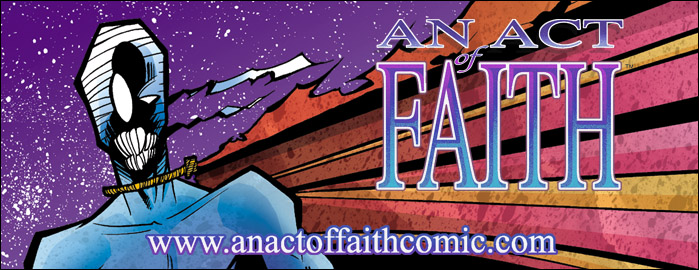The words of Washington...

Over the past couple of years, I’ve been giving a lot of time to reading and researching the writings of America’s Founding Fathers. The strongest theme that I keep coming across is that, despite what some may say, they were NOT deists. Fifty of the fifty-two founding fathers were church-going, Bible-reading Christians. George Washington often spoke of God. He prayed in public. He insisted Christian clergy be part of his army (booth British and American). Washington often spoke of God’s divine hand protecting not only himself, but also guiding the creation of our nation.
All George Washington wanted to do was to return to private life as a farmer. Since Washington was incredibly passionate about liberty, freedom, and divine providence, he always answered when his country called upon him.
After the Revolutionary War, George Washington was asked to become our nation’s first President. Washington is remembered saying (and this breaks my heart): "Have I not yet done enough for my country?"
On March 15, 1783, George Washington addressed some of his officers gathered at a church building in Newburgh, NY: "Gentlemen, you will permit me to put on my spectacles, for I have not only grown gray but almost blind in the service of my country."
George Washington died on December 14, 1799. Henry Lee served in the Continental Army, was the ninth Governor of Virginia, and the Virginia Representative to the United States Congress. Lee, delivering the funeral oration, described George Washington in this way: "first in war, first in peace, and first in the hearts of his countrymen."
Here’s some more interesting quotes by George Washington (first President of the United States, commander of the Continental Army, Founding Father, Patriot):
-George Washington (April 30, 1789, New York):
No People can be bound to acknowledge and adore the invisible hand, which conducts the Affairs of men more than the People of the United States. Every step, by which they have advanced to the character of an independent nation, seems to have been distinguished by some token of providential agency. And in the important revolution just accomplished in the system of their United Government, the tranquil deliberations, and voluntary consent of so many distinct communities, from which the event has resulted, cannot be compared with the means by which most Governments have been established, without some return of pious gratitude along with an humble anticipation of the future blessings which the past seem to presage. These reflections, arising out of the present crisis, have forced themselves too strongly on my mind to be suppressed. You will join me I trust in thinking, that there are none under the influence of which, the proceedings of a new and free Government can more auspiciously commence.
-George Washington's letter to the Jewish community of Newport, Rhode Island who numbered approximately 300 (August 17, 1790, Newport, RI):
May the Children of the Stock of Abraham, who dwell in this land, continue to merit and enjoy the good will of the other Inhabitants; while every one shall sit in safety under his own vine and figtree, and there shall be none to make him afraid. May the father of all mercies scatter light and not darkness in our paths, and make us all in our several vocations useful here, and in his own due time and way everlastingly happy.
-George Washington (January 1, 1795, Philadelphia, PA):
When we review the calamities which afflict so many other nations, the present condition of the United States affords much matter of consolation and satisfaction. Our exemption hitherto from foreign war, an increasing prospect of the continuance of that exception, the great degree of internal tranquillity we have enjoyed, the recent confirmation of that tranquillity by the suppression of an insurrection which so wantonly threatened it, the happy course of our public affairs in general, the unexampled prosperity of all classes of our citizens, are circumstances which peculiarly mark our situation with indications of the Divine beneficence toward us. In such a state of things it is in an especial manner our duty as a people, with devout reverence and affectionate gratitude, to acknowledge our many and great obligations to Almighty God and to implore Him to continue and confirm the blessings we experience.
Labels: Christianity, George Washington, History, Politics



0 Comments:
Post a Comment
Subscribe to Post Comments [Atom]
<< Home